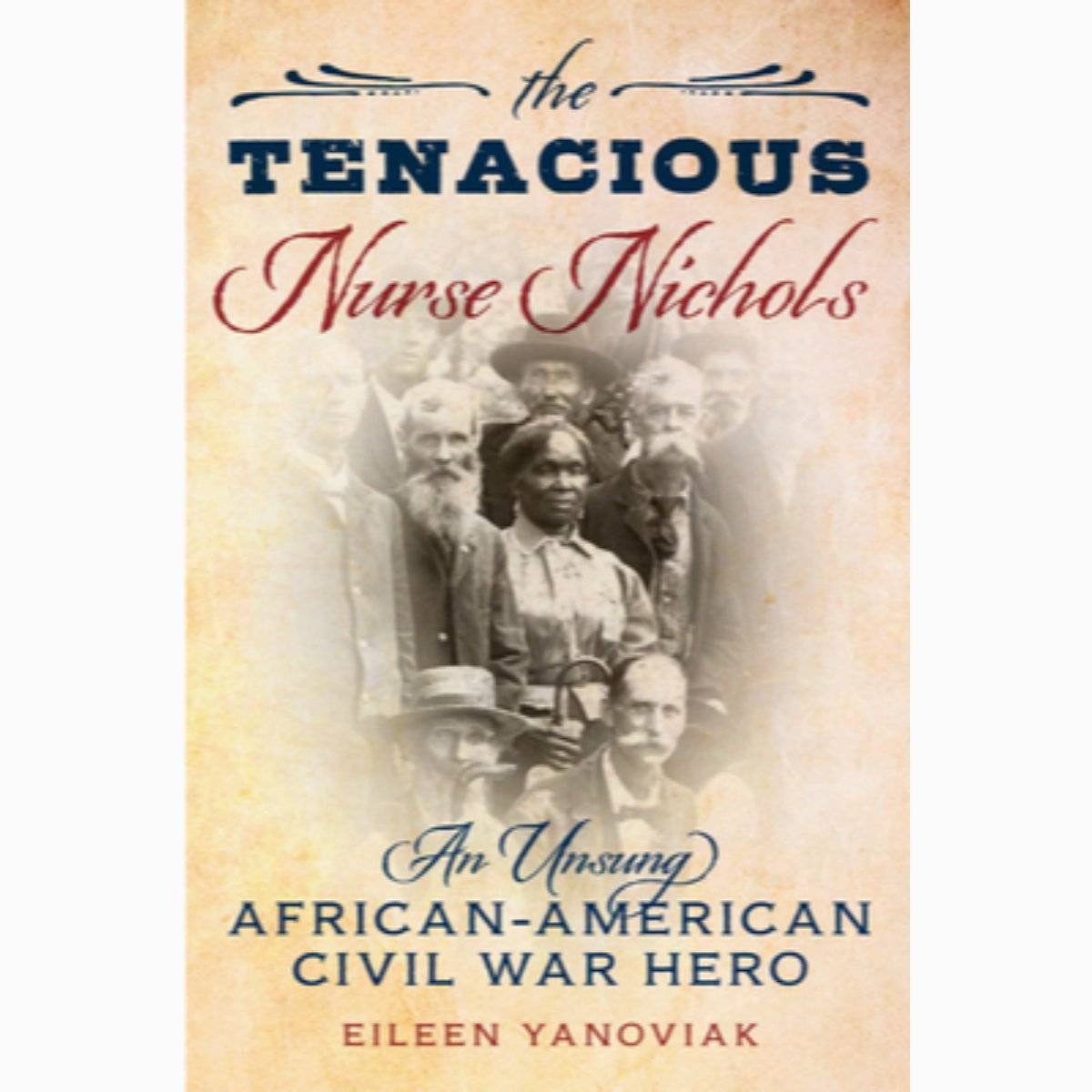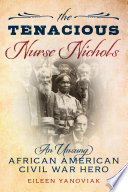
Born into enslavement in Tennessee, Lucy Higgs Nichols' early life was one of constant work & living with the threat of being torn away from her family & sold to another owner. As a young woman, Lucy managed to escape at the outset of the US Civil War & joined the Indiana 23rd Regiment of the Union Army as a nurse. Lucy cared for the men for 4 years before returning with them to Indiana to make a new life for herself. (continued)



















This is a fascinating look at the US Civil War from a different angle though - 1mo
1mo
My thanks to #NetGalley & publishers, The Globe Pequot Publishing Group/Lyons Press, for the opportunity to read an ARC.
1mo
Read 4th-6th May 2025
#ReadAway2025 @Andrew65 @DieAReader @GHABI4ROSES 1mo